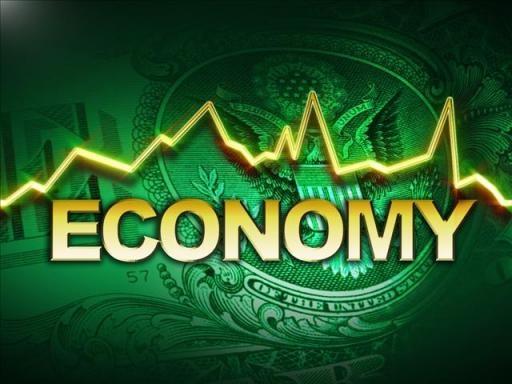Market Data

October 31, 2014
Chicago Business Barometer Surges to 66.2 in October
Written by Sandy Williams
The Chicago Business Barometer surprised economists with jump to 66.2 from 60.5 in September, well above the forecast decline to 60.0. The reading on this month’s purchasing manager index was the highest since October 2013.
The index average for third quarter was 59.1 but in the last three months the index has averaged 63.6—an indicator of strong economic growth. New orders showed the most growth in September increasing to 73.6 from 60.0. The indexes for production and employment both made gains last month. Employment increased to the highest level since November 2013 suggesting confidence in the economy’s recovery.
Commenting on the Chicago Report, Philip Uglow, Chief Economist of MNI Indicators said, “The strengthening in the Chicago Business Barometer suggests that the US economic recovery is more entrenched. The October survey also provided clearer evidence that companies are taking on more workers to keep up with higher demand.”
“Concerns about the global economy and the continued low level of inflationary pressures may persuade the Fed to keep rates lower for longer, but the domestic economy is growing healthily.”
Below is an interactive graphic of the Chicago Business Barometer Index History, but it can only be seen when you are logged into the website and reading the newsletter online. If you need any assistance logging in or navigating the website, contact us at info@SteelMarketUpdate.com or 800-432-3475.
{amchart id=”111″ Chicago Business Barometer Index}







